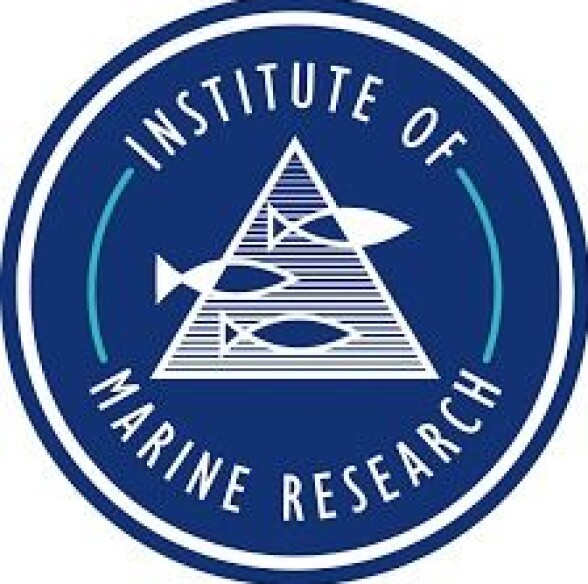THIS ARTICLE/PRESS RELEASE IS PAID FOR AND PRESENTED BY the Institute of Marine Research - read more
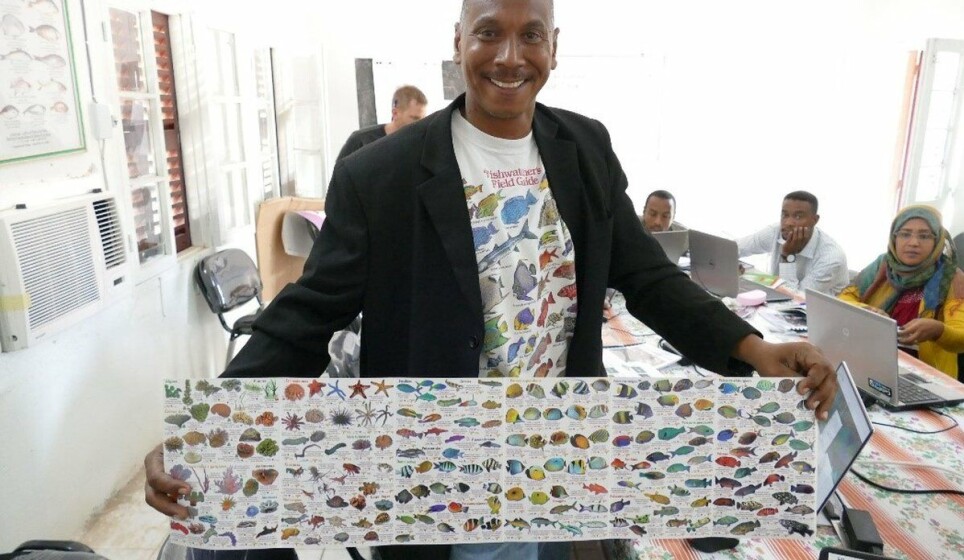
Stewarding rich marine ecosystems: A shared responsibility for Norway and Sudan
For more than a decade, IMR researchers have been working closely with colleagues from partner institutions in Sudan with a particular focus on small scale fisheries.
This spring, four project participants from Sudan have visited Norway to attend a course at the University of Agder and receive supervision from colleagues at the Institute of Marine Reserach (IMR) in Flødevigen, Arendal.
The students, which are staff members with IMR’s partner institutions in Port Sudan, Marine Fisheries Administration (MFA) and Red Sea University in Port Sudan, are conducting masters projects using data from the earlier project period of the Norwegian-Sudanese partnership.
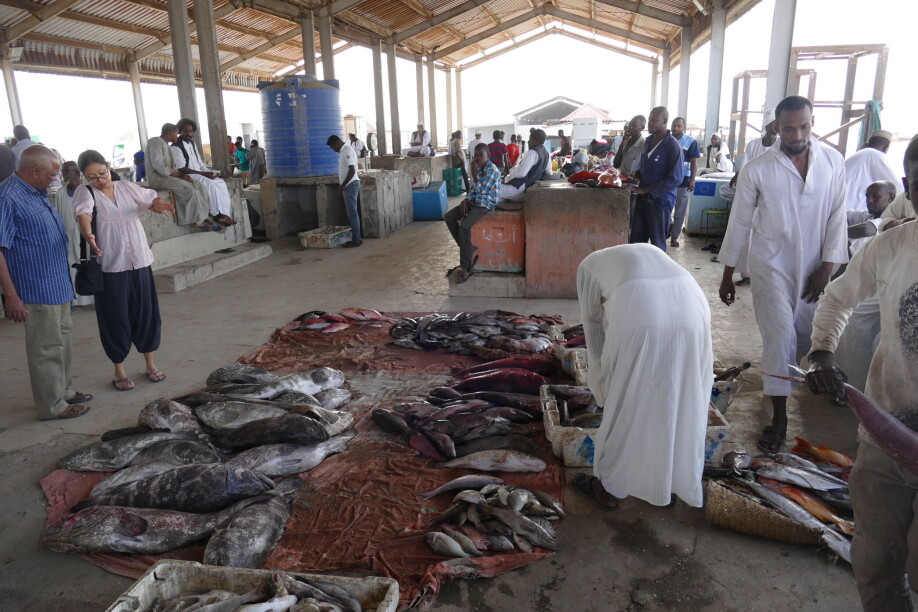
Aiming for long-term sustainability
The objectives are to build capacity in collection and analyses of landings data, to use data from the project’s own survey cruises and to provide management advice for harvested species – which to date mainly consist of coral reef fish species.
“Some primary target species have vulnerable populations and life histories that should be considered when designing management. Species that change sex from female to male at large body size are in particular need of attention. To date there are no minimum or maximum size limits that might contribute to lessen the impact of the fishery on reproduction and recruitment,” says Even Moland, acting as team leader for IMR in the Norwegian-Sudanese partnership.
“Coral reef fishes are functionally important, and maintaining robust populations contribute to ecosystem health. To safeguard this unique natural heritage, it is essential that Sudan succeeds in managing the development of its marine fisheries,” he says.
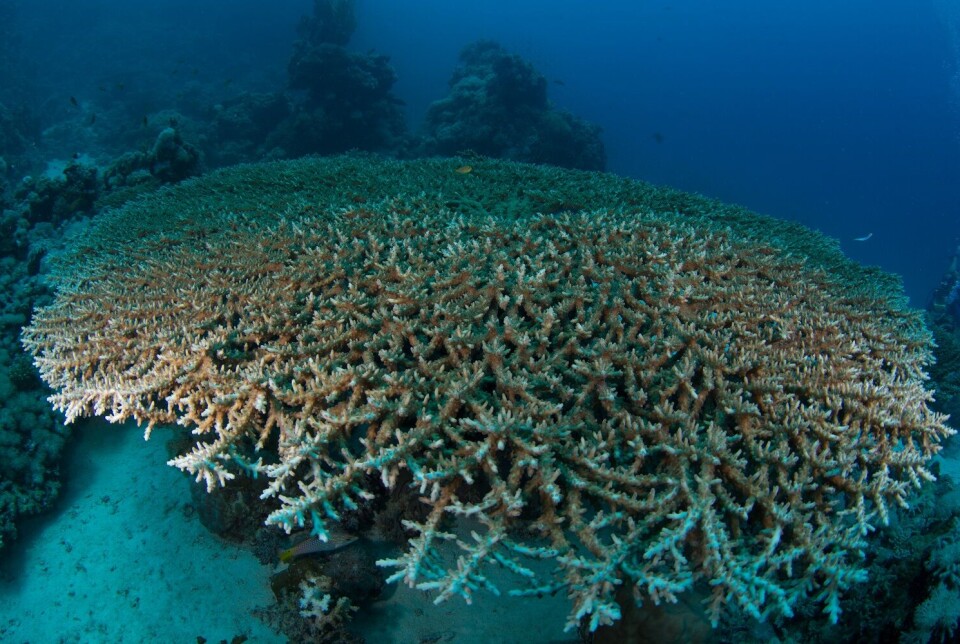
Building capacity and providing training at all levels
Capacity building, training, and outreach are important elements in the project, involving managers at all levels, fishers, traders, and inhabitants of coastal villages. The project partners have teamed up with UK based IMA International to conduct a training and outreach program in line with principles known as the ecosystem approach to fisheries management (EAFM).
“Fishers have strong opinions on species they target. It is important to hear them out and dwell with their perspectives, which we can also learn from. It is my impression that they have a genuinely felt interest in contributing to long-term sustainability,” says Onisa Yahya. She is pursuing a masters project on interview-based ecosystem assessment.
“There are many reasons why people end up with fishing as their primary livelihood in Sudan. Many would have chosen differently if alternatives existed. We must take this into consideration when we give advice for the utilisation and conservation of this unique ecosystem,” says Even Moland.
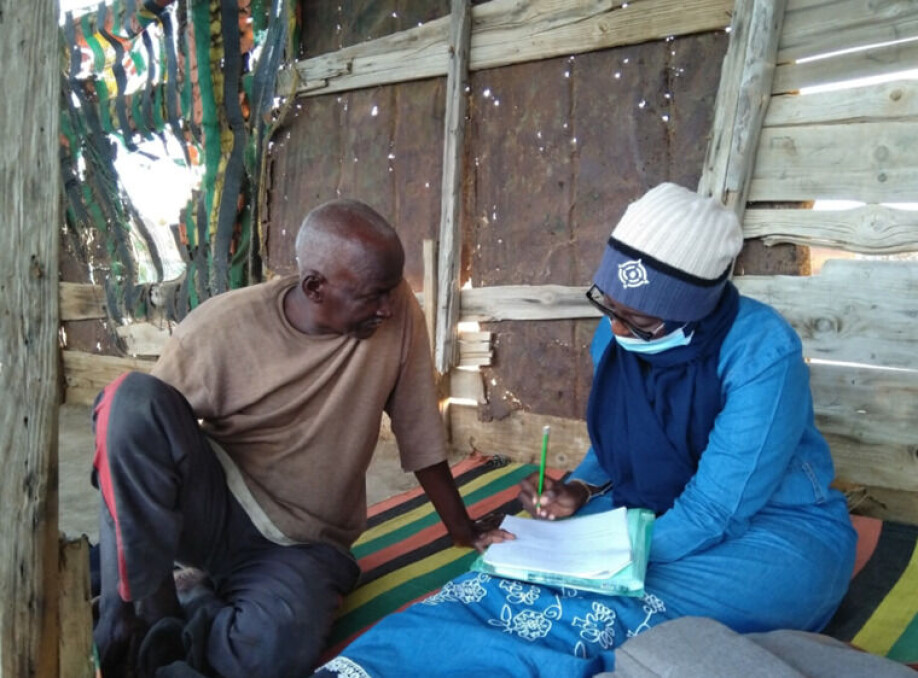
Unique coral reefs
Sudan’s Red Sea coast is home to a diverse and well-developed coral reef ecosystem. This ecosystem is in relatively good condition, thanks to its favorable geographical location and a fishery that has avoided using the most destructive methods.
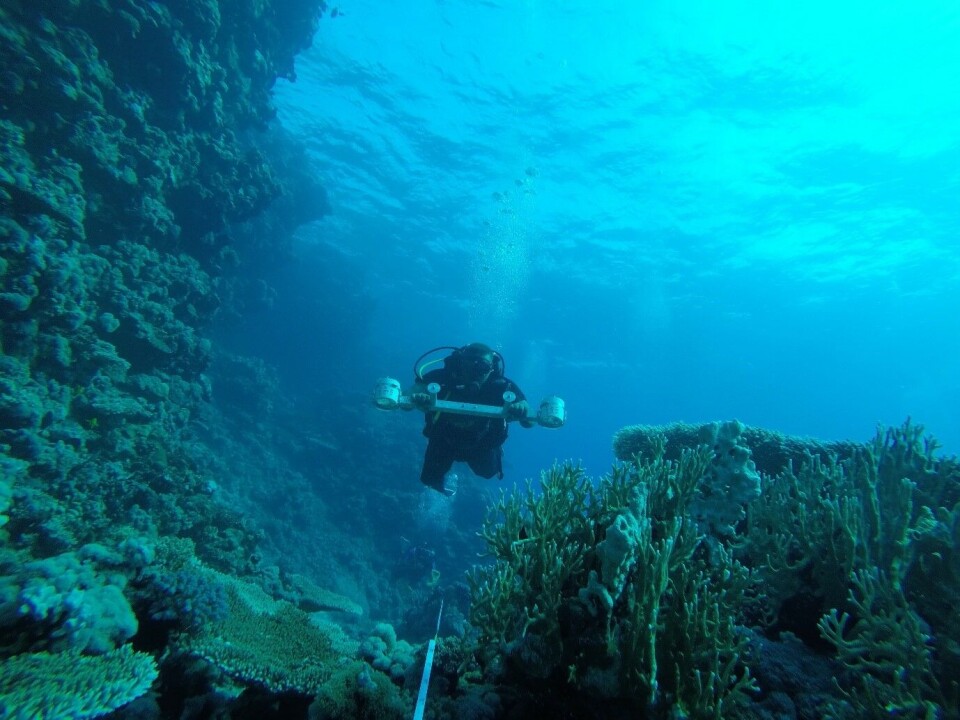
“Tropical shallow water coral reefs are threatened by anthropogenic global warming, but Red Sea coral reefs might be in a unique situation,” explains Moland.
“The wide seasonal range in sea temperature and a dramatic geological history seem to have produced hard corals that are more robust than their conspecifics around equator. The Red Sea might act as a refugium for hard corals into a warmer and more variable future," he says.
References:
Erik Olsen et.al. Distribution and diversity of fish species along the Sudanese Red Sea coast based on three combined trap and gillnet surveys. Fish Res, 2021.
Beatriz Casareto et.al. A vulnerable shallow water sand-dominated coral reef environment within a Sudanese Red Sea UNESCO world heritage site. In: Ormond, R. and Rogers, C (eds), Reef Encounter, 2022.
See more content from the Institute of Marine Research:
-
These whales have summer jobs as ocean fertilisers
-
Have researchers found the world’s first bamboo coral reef?
-
Herring suffered collective memory loss and forgot about their spawning ground
-
Researchers found 1,580 different bacteria in Bergen's sewage. They are all resistant to antibiotics
-
For the first time, marine researchers have remotely controlled an unmanned vessel from the control room in Bergen
-
New discovery: Cod can adjust to climate change – from one generation to the next







